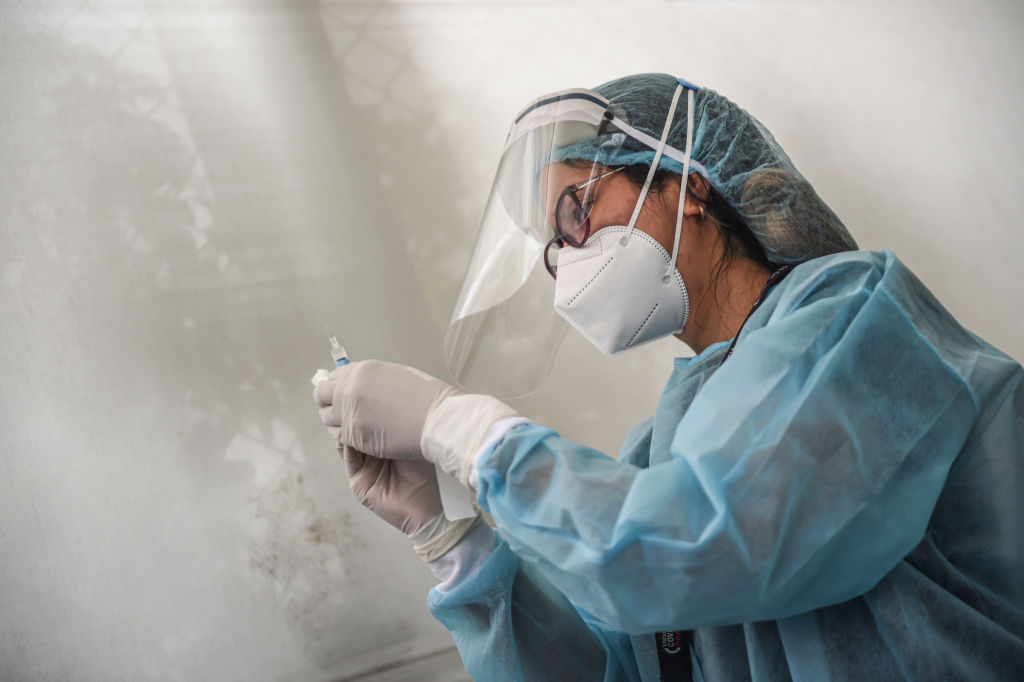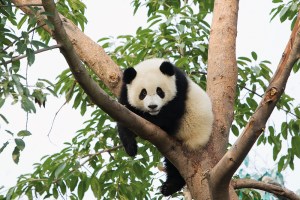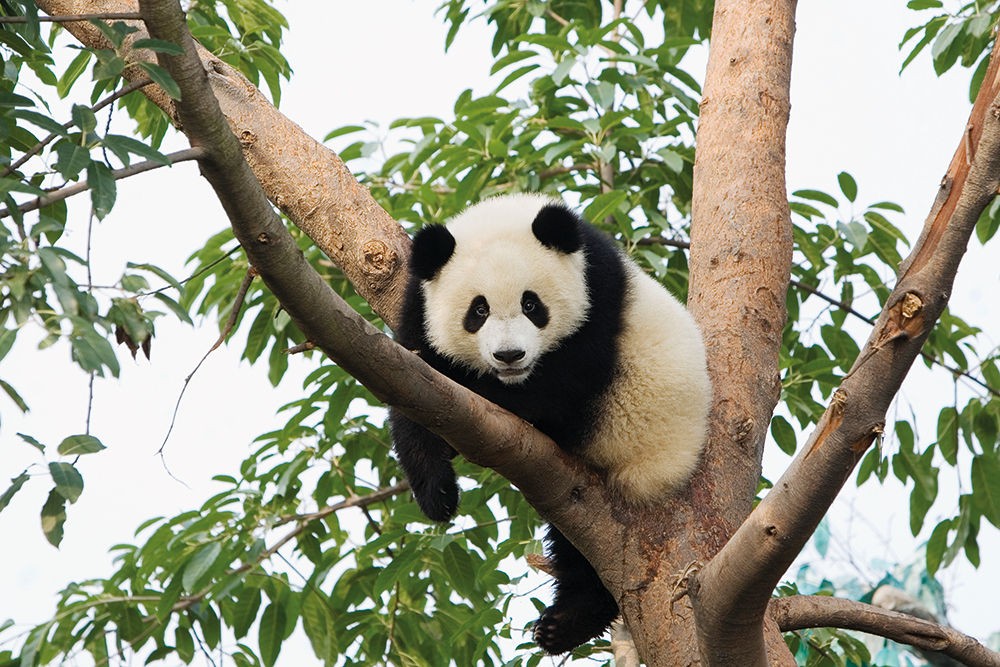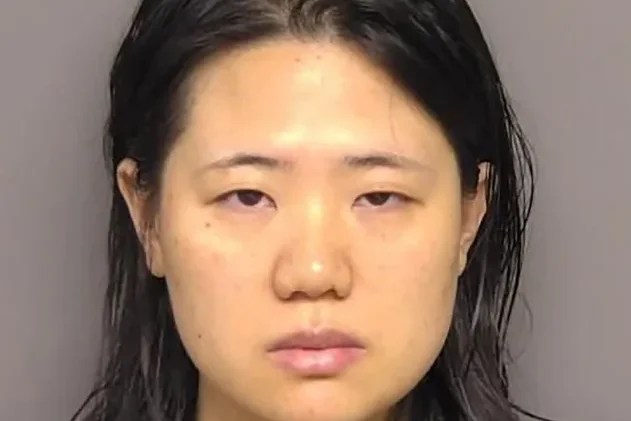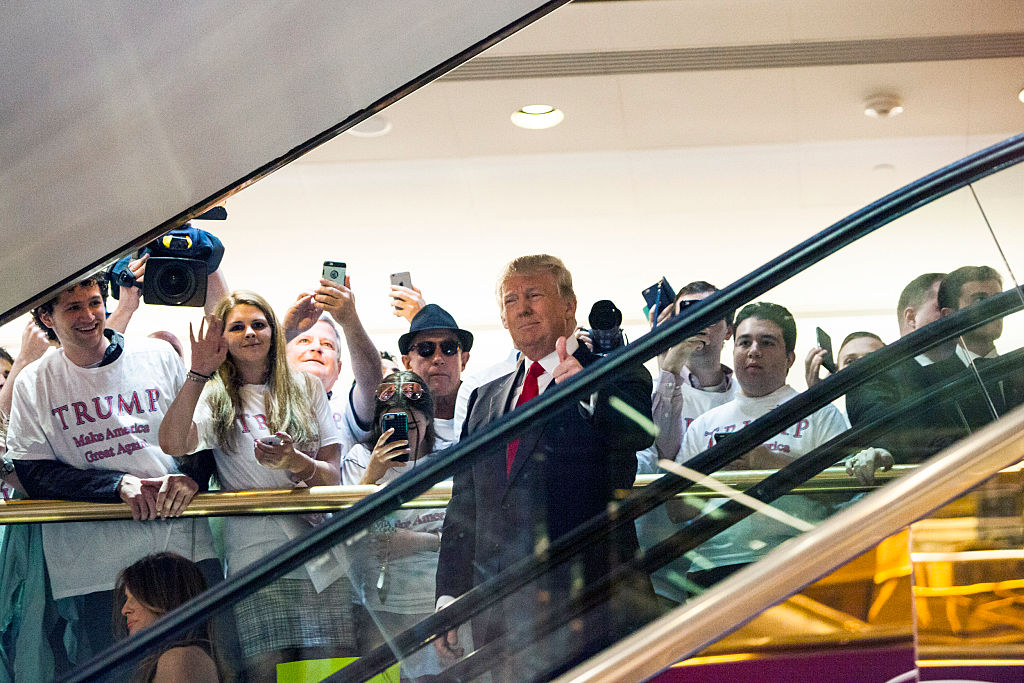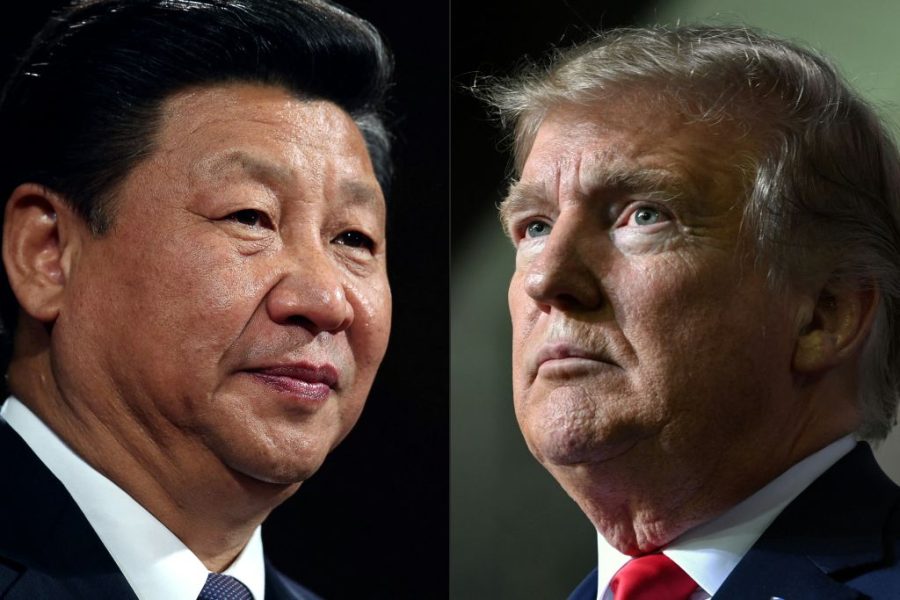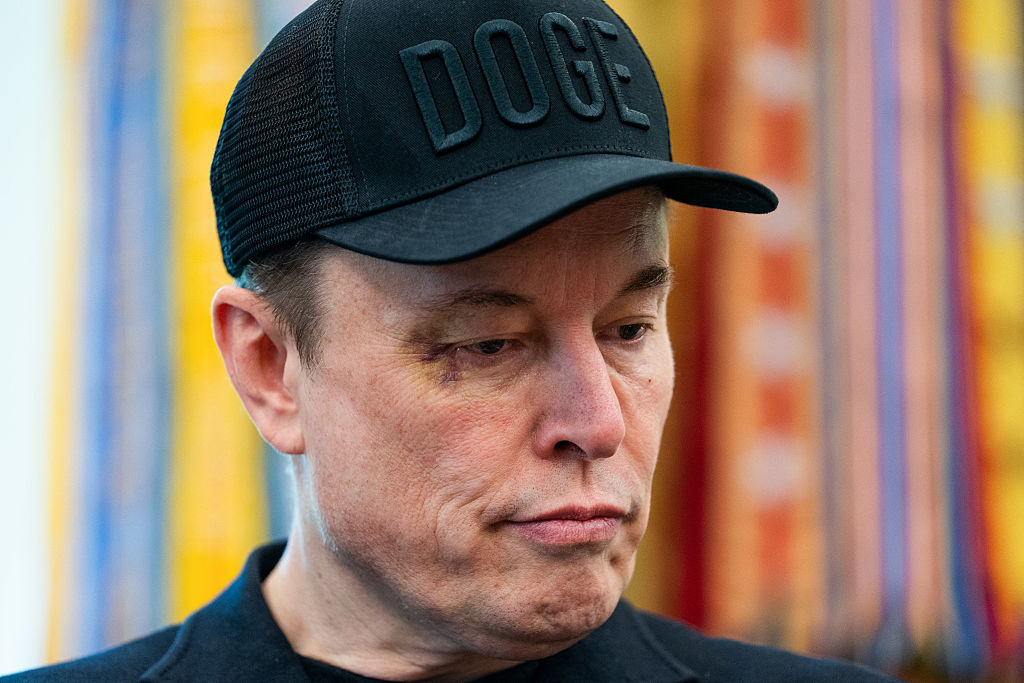While Britain is the first country in the world to approve a vaccine, it is not the first to start vaccinating people. A million people in China have already been inoculated with Sinopharm and Sinovac jabs. The vaccines, however, have not completed phase three trials, which assess potential side effects. In other words, they have not yet been granted regulatory approval. Could this be the reason that Beijing — never usually shy when it comes to good news – is keeping quiet?
The vaccinations first started in July, when a legal provision for ‘emergency vaccinations’, based on the WHO’s response to Ebola, was introduced. Frontline workers in health, transport and retail — and those who plan to travel abroad for work — were the first to be offered jabs. Foreign travel may not be what the WHO had in mind as an emergency, but the Chinese government’s thinking is simple: while China declares itself COVID-free, the rest of the world is still in a virus nightmare (an impression aided by state media’s avid coverage). For those who have to venture out, the Chinese communist party says: we have your back.
Zhejiang is the first province in the country to have rolled out the as-yet unapproved vaccines (though Hunan seeks to follow, possibly by the end of the year). In much of the region, you have to be a local resident in order to apply, but the city of Yiwu is an exception, allowing out-of-towners to be vaccinated too. This has made the one million strong city (tiny by Chinese standards) an unlikely millennial hotspot and a social media phenomenon. Young, middle-class Chinese who study abroad are flocking there to seek out the vaccine.
On RED, an Instagram-like platform with 300 million registered users (of which 70 percent are under 30), people are sharing tips and anecdotes about the vaccines. They post updates on how they applied (the waiting list is long and some applicants never hear back), what the experience is like, how much it cost (around $30 a jab, and you need two), and even shopping and dining recommendations for the rest of the day. Some warned against using unofficial fixers who charge up to $660 to get you on the list. One or two sound a patriotic tone, ‘The Motherland is so great! I can finally go abroad with peace of mind.’
While Chinese social media is buzzing with talk of a vaccine, not everyone is shouting loudly. The usually jingoistic Global Times has barely touched the topic. What coverage there is on Chinese media is limited to press statements from officials in Zhejiang province and coverage by some of the more independent outlets. Senior politicians in the party, who normally so love being the bearer of good news, have stayed quiet. Could the top echelons of the CCP be wary of attaching themselves to these as yet unapproved drugs, while allowing vaccination to happen on a smaller scale? It wouldn’t be the first time that central government used regional authorities as a shield.
Whatever the reason, these vaccinations from Sinopharm and Sinovac hide an inconvenient truth: China’s vaccines have lost their head start in the global vaccine race. As early as May, Xi Jinping declared that China would be ready to offer its vaccine far and wide to allies from Pakistan to the UAE. Sinovac began phase three trials in July, at a time when the only other players at a similar stage were the now-familiar names of Moderna, Oxford/AstraZeneca and Pfizer/BioNTech. At the same time, the government declared that its military-developed option would start to be given to soldiers, in the first instances of ‘emergency vaccination’.
But five months on, no Chinese vaccine candidate has finished the third phase of trials. Last week, Sinopharm submitted its vaccine for regulatory approval within China; unlike its competitors, interim results have not yet been published (although today, regulators in Abu Dhabi announced that Sinopharm is 86 percent effective).
So why are vaccinations being rolled out prematurely? Professor Huang Yanzhong, a public health expert at New York’s Center for Foreign Relations, says it’s a matter of ‘each taking what they need’. Provincial authorities hope that early vaccination can prevent future local lockdowns, while companies are using this opportunity to ‘cash in’. ‘If their vaccines are not effective — let’s say under 50 percent in phase three – then their vaccines won’t sell. Or the other possibility is that they are effective, in which case their jabs will be co-opted into China’s national procurement scheme, and they may lose their say over prices,’ he said. The stakes are particularly high today, when the three western vaccines — all highly effective – are stiff competition.
In 2019, a Wellcome Trust poll put China as one of the least anti-vax countries in the world, with only three percent of the population disagreeing that vaccines are effective. That might be why so many Chinese are racing to Yiwu. But on social media, some are deeply skeptical of what they see as a rushed vaccine. They express concern about being the ‘xiaobaishu’ (‘little white mouse’), or the experiment subject. In response to the news that Queen Elizabeth will also take the vaccine, one Weibo user joked ‘now is Charles’s chance!’
In China, numerous food and drug safety scandals throughout the decades have eroded public trust. Of these, the 2008 milk powder scandal, where melamine-laced baby formula caused the hospitalization of tens of thousands of babies, was the most traumatic. And it was only two years ago that another vaccine giant was fined over a billion dollars for producing defective rabies vaccines.
[special_offer]
There are reports that Sinovac itself has engaged in bribery. The company’s founder and chief executive reportedly admitted to paying $83,000 to a regulatory official in order to expedite various vaccine approvals. And at least 20 government officials and hospital administrators across the country allegedly admitted to taking bribes from Sinovac employees between 2008 and 2016.
Mistrust in safety standards is symbolized by the fact that, to this day, well-to-do Chinese still buy their milk powder from abroad (which might be why British supermarkets have periodically put a limit on their formula per customer).
One thing is for sure: given China’s 2020 track record (you don’t need a Pew survey to know that it’s lost much goodwill around the world) a safe and reliable vaccines rollout is the least the CCP could do for the country’s reputation. Instead, Beijing is betting that its vaccines are safe before anyone knows for sure. In the meantime, it is Chinese people’s welfare that has been put at stake, once again.
This article was originally published on The Spectator’s UK website.



